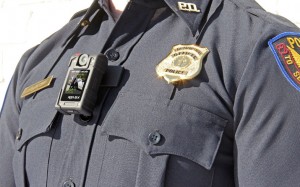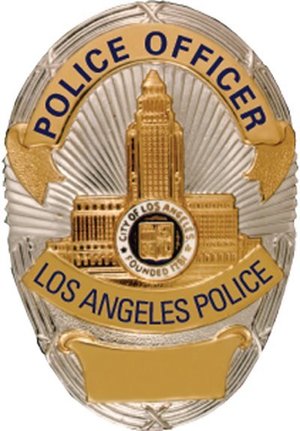
 The state Senate’s Public Safety Committee has scheduled a hearing Tuesday on Assembly Bill 748, which would amend California’s public records statute to limit the discretion that police departments have for withholding body camera videos.
The state Senate’s Public Safety Committee has scheduled a hearing Tuesday on Assembly Bill 748, which would amend California’s public records statute to limit the discretion that police departments have for withholding body camera videos. State lawmakers have failed to pass a handful of different bills in the last few years that addressed body-worn video, including establishing policies on when officers should turn their cameras on and off and when the public would have access to videos.
“We have a patchwork of policies and in some instances, very little policy, as to when the public can access the information and when the public can’t,” said Assemblyman Phil Ting, who introduced the bill. “Body cameras were created to improve greater public trust between law enforcement and community members and without access to that video footage we’re not really able to achieve those goals.”
Ting, a Democrat, says the bill “strikes a fair balance” because it also carves out several exemptions, which allow police departments to withhold videos if there’s more of a public interest in not disclosing the recordings and to withhold recordings that are part of an ongoing investigation for up to 90 days.
 Advocates of the bill, including the American Civil Liberties Union, say the legislation is an important step forward in ensuring police transparency, especially after fatal police shootings.
Advocates of the bill, including the American Civil Liberties Union, say the legislation is an important step forward in ensuring police transparency, especially after fatal police shootings.
“This is an area where California law really lags behind the rest of the country in allowing transparency,” said Peter Bibring, the director of policing practices at the ACLU of Southern California.
Opponents argue that because the bill requires police to release the recordings after 90 days, it could compromise ongoing criminal investigations and disciplinary proceedings.
“This bill will taint ongoing police investigations and all but kills the impartiality of the investigation process,” said Craig Lally, the president of the Los Angeles Police Protective League, the union that represents city police officers.

